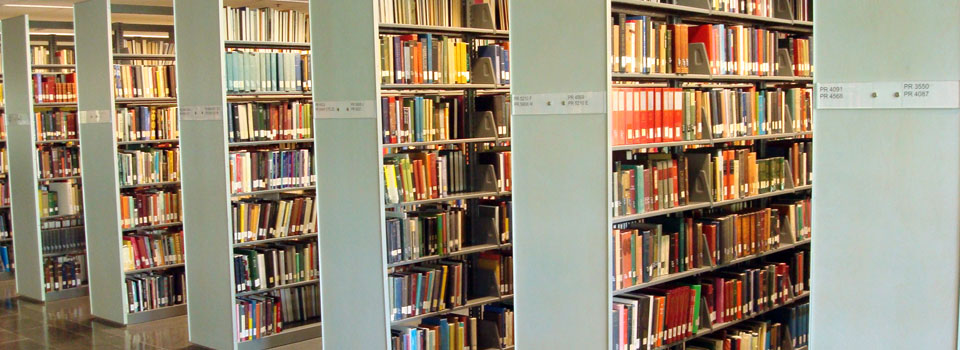VIC164 Ideas and Their Consequences: Literary and Artistic Realms of the Imagination
Literary Guides, Companions & Casebooks
Consulting a literary guide will help you understand the plot, characterization, themes, the use of literary devices in the works of fiction under study, in addition to the cultural significance of the text and its place in the literary canon.
Don Quixote
Cascardi, Anthony J. The
Cambridge Companion to Cervantes. Cambridge University Press, 2002.
The essays cover the historical and political context of Cervantes’ writing, his place in Renaissance
culture, and the role of his masterpiece, Don Quixote, in the formation of the modern novel. Particularly useful is the article by Alexander Welsh, “The
Influence of Cervantes”, analyzing the effect of the novel on other literary works.
Other chapters in the collection draw on contemporary critical perspectives to shed new light on Cervantes’ work. The volume provides useful supporting material, including suggestions for further reading and a guide to electronic resources.
Also available in print.
González, Echevarría R. Cervantes’ Don Quixote: A Casebook. Oxford
University Press, 2005.
A collection of essays outlining analytical and interpretive frameworks for understanding Don Quixote. Includes chapters on the depiction of chivalric literature
in the novel, linguistic analysis of Cervantes’ prose, and other topics. Also provides a general introduction and a bibliography.
Also available in print.
Mancing, Howard. Cervantes’
Don Quixote: A Reference Guide. Greenwood Press, 2006.
Includes a detailed plot summary of Don Quixote, analyzing the cultural and historical contexts
surrounding the novel. The author also evaluates the work’s themes, style, and reception. A
bibliographical essay and selected, general bibliography of major studies conclude the volume.
Madame Bovary
Heath, Stephen. Gustave Flaubert, Madame Bovary. Cambridge University Press,
1992.
Analyzes how Madame Bovary represents Flaubert’s intense personal engagement with the tragedy of bourgeois culture.
Hubbard, Tom, editor. Gustave Flaubert. Salem Press,
2015.
Examines Flaubert’s quest for literary perfection, his extensive correspondence with such contemporaries as Ivan Turgenev and Guy de Maupassant, and his most famous
work, Madame Bovary.
Unwin, Timothy A., editor. The Cambridge Companion to Flaubert. Cambridge
University Press, 2004.
Offers textual analysis of the complete range of Flaubert’s work, including Madame Bovary. The interpretation accompanied by discussion of broader theoretical
issues, such as Flaubert’s place in the canon of French literature. A variety of critical approaches provides insight into the continuing power of Flaubert’s
writing. The book includes suggestions for further reading.
Also available in print.
Porter, Laurence M., and Eugene F. Gray. Gustave Flaubert’s Madame Bovary: A Reference Guide. Greenwood Press, 2002.
Includes an introductory chapter that overviews Flaubert’s life and career. A detailed summary of the novel’s plot is followed by a close examination of the
novel’s genesis, its publication history, and the merits of various editions and translations. Later chapters discuss the social and cultural contexts informing the
work, Flaubert’s literary craftsmanship, and the novel’s critical reception. The volume concludes with extensive bibliographic information.
Additional Resources
Full-text literary criticism and reviews of the novels (and many others literary and poetic works), in addition to biographical information on authors and overviews of their works is available in the Literature Resource Center.
An excellent, comprehensive online resource for all students of literature and poetry.
created by: Colin Deinhardt & Agatha Barc | updated: 2 October 2019
